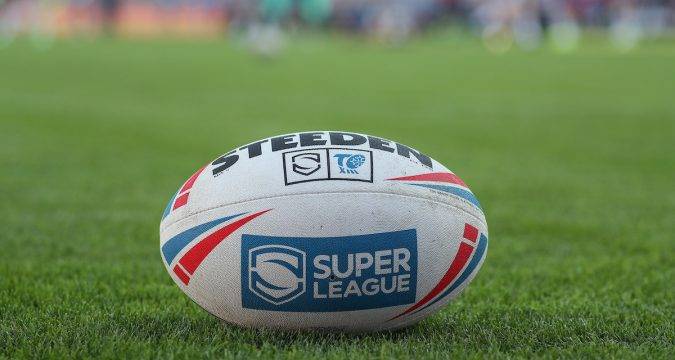 THOSE Super League, Championship and League One clubs moaning about IMG should look to Castleford Tigers and Wakefield Trinity for inspiration.
It may seem an 'out there' statement, but rugby league clubs continue to bemoan whichever structure is in place at any given time.
Traditional promotion and relegation gave uncertainty to Super League
THOSE Super League, Championship and League One clubs moaning about IMG should look to Castleford Tigers and Wakefield Trinity for inspiration.
It may seem an 'out there' statement, but rugby league clubs continue to bemoan whichever structure is in place at any given time.
Traditional promotion and relegation gave uncertainty to Super League Super League, Championship and League One clubs moaning about IMG should look to Castleford Tigers and Wakefield Trinity
 THOSE Super League, Championship and League One clubs moaning about IMG should look to Castleford Tigers and Wakefield Trinity for inspiration.
It may seem an 'out there' statement, but rugby league clubs continue to bemoan whichever structure is in place at any given time.
Traditional promotion and relegation gave uncertainty to Super League
THOSE Super League, Championship and League One clubs moaning about IMG should look to Castleford Tigers and Wakefield Trinity for inspiration.
It may seem an 'out there' statement, but rugby league clubs continue to bemoan whichever structure is in place at any given time.
Traditional promotion and relegation gave uncertainty to Super League 